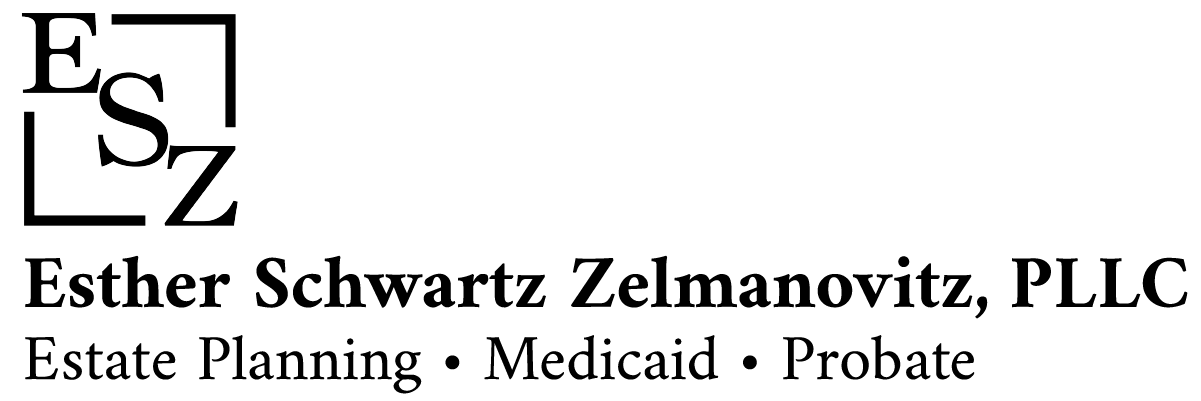Many people have been told that it is important for people to “avoid probate.” But just because people may have heard that term, doesn’t mean they know exactly what probate means, why it can be a problem or how to successfully avoid it. In this post, we will take a look at the term probate to understand exactly what it means, and what the process includes.
What is Probate?
The term probate most literally means “to prove” a will. Today it covers the entire legal process necessary to settle a person’s estate after they die. The appointed representative (usually a family member) opens the probate case in court. With the court’s help, they will work through all of the financial business that the decedent left behind. For example, probate includes disposing of personal property, money, real property or anything else that the deceased owned at the time of their death. Probate also deals with any debts that were in existence at the time of death.
Why is Probate Such a Negative Thing?

A Lack of Privacy
Probate cases are filed in the court and are in the public record. If for any reason a person wants to maintain a sense of privacy after they die, it could be a good idea to avoid probating the estate in court. Famous people or other potentially controversial people usually don’t want their financial and family affairs dragged out into the open.
Probate Can Create Family Disagreements
One reason that wills and estates are probated in court is to allow interested persons the chance to represent their own claim on the estate by challenging or contesting a will that does not favor them. For people with complicated family dynamics, unpopular second marriages or estranged loved ones, avoiding probate should be a top priority. When an estate is handled through non-probate channels, it becomes much less likely that a decedent’s wishes will be challenged.
Probate is Slow
Like most things that end up in court, probate can be time-consuming. In more complex estates, the entire process can last months or years. And, while the family waits for this time to pass, the decedent’s assets or property may be slowly losing value or be lost completely.
Probate is Costly
Probating an estate requires the help of a competent probate lawyer to facilitate the matter. Since the process requires court appearances and extensive paperwork, the legal fees can mount up quickly. With proper pre-planning, much or all of this cost may be avoided.
How Can Families Prevent the Need for Probate?

Revocable Living Trust
The revocable living trust is an instrument which dictates the management or distribution of property. The property is transferred in title to the trust during the owner’s lifetime. The property owner also chooses someone to act as trustee, an appointed fiduciary who will manage the trust property and any distributions after the death of the trust’s creator.
The other good thing about a trust is that there is no need to involve the court in any way. There is nothing to file and it does not need to be submitted to the probate court.
Joint Title
Another way to avoid probate hassles is by placing your assets into joint ownership with your future beneficiaries. This way, when you pass away, the ownership interest will automatically transfer to the joint owner.
Payable-On-Death and Transfer-On-Death
Payments on death accounts (POD) have a designation which names a person who will receive the assets in the account when the original account owner dies. At the same time, transfer on death (TOD) is a designation on the title or deed to a piece of real estate or a car which will automatically change ownership once the owner dies.
Don’t Be Tempted to Give Away Your Assets
Some people assume that the easiest way to avoid probate is to give everything away before you die. However, doing this could cause problems for seniors when they may need to qualify for assistance for long-term care. It could further have adverse tax consequences.
Hopefully, these tips will help you and your family plan responsibly for the future. Our office would be glad to review your existing plan or help you start your planning today. Call Now! To learn more, read our article below.
